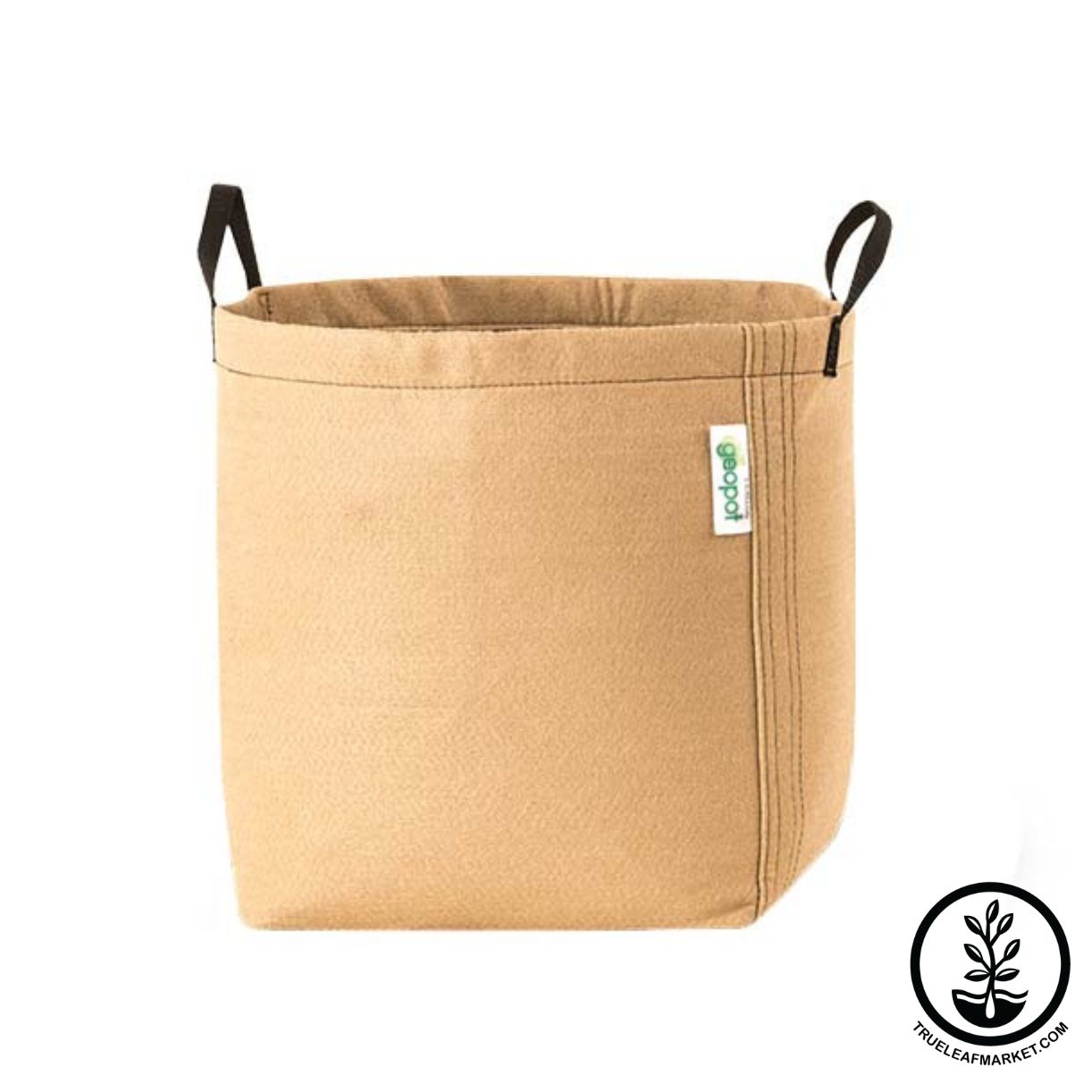
Ashleigh Smith

Spring is here, and it is time to get planting! You might have some indoor starts ready to go, or you are just trying to figure out if it is too late to start planting. Now is a great time to start sowing seeds directly. Most zones are approaching or past their last frost date, and spring runoff is hydrating the ground creating ideal planting conditions. Don’t worry if you are a little late to the game. You can still directly sow plenty of short-season vegetable or quick-to-mature varieties. Some vegetables even prefer to be directly sown over starting indoors.
Being able to put down roots without being moved generally helps develop stronger and healthier plants. When transplanting, your plant starts can sustain damage to the roots as they are tugged, pulled, or crushed, getting them out of their trays. Direct sowing prevents all of these problems from occurring as the seed is grown in its permanent location. Plus, direct sowing requires fewer supplies than indoor starts. If you are new to gardening, direct sowing will likely give you the best first-season growing experience.

How to Direct Sow Seeds
1. The first step to direct sowing your seeds, whether they be vegetables or flowers, is to clear your growing space. To reduce competition and create an attractive space, remove any weeds or large rocks from the growing area.
2. Next, lightly rake the top 2-3 inches of soil so you can bury your seeds at the appropriate depths. Deep tillage is not required.
3. Following your garden plans, sow your seeds in rows, squares, or a mix of these methods. Seeding tools may be helpful to sow at the appropriate spacing intervals.
4. Water with a gentle watering can or hose attachment. Be careful not to flood the growing area, as this can cause shallow sown seeds to migrate with the pooling water.
5. Regularly check the garden for weeds and remove them promptly. Water as needed. Be aware of the temperatures throughout the day. Higher temperatures may require you to water more than you normally would. The seeds will need to stay moist throughout germination. Once the roots become well established, stick to a regular watering schedule and spot water as needed.
6. Optional: For a continual harvest, sow in succession. This means that you sow seeds in batches, a week or two apart, to stagger your harvest throughout the season. This practice works especially well for root vegetables like carrots and radishes or any of the leafy greens.
Seeding Tools
Growing Containers
Soil Amendments
About the Author

I'm Ashleigh Smith, a native to Northern Utah. I first gained a love of gardening with my grandmother as I helped her each summer. I decided to make a career of it and have recently graduated with a Bachelor's degree in Horticulture from Brigham Young University - Idaho. My studies have focused on plant production while I also have experience in Nursery & Garden Center Operations.
Our Recommended Picks
Leave a comment
Your email address will not be published. Required fields are marked *
0 Comments
No Comments yet! Be the first to start a conversation
Further Reading

Mild Climate Winter Gardening Guide for Zones 9 & 10: What to Plant and When
Coming soon!

Ashleigh Smith
2025-10-171 min read0
Harvesting the Incredible Health Benefits of Microgreens
Written By Lara Wadsworth Microgreens are young edible seedlings that are harvested when they are just 1-3 inches tall. These quick-growing plants are emerging as an important food source with numerous health benefits. Their nutrient density can be up ...

Ashleigh Smith
2025-09-306 min read0
Fall Bulb Planting Guide: When, What, and How to Plant for Spring Blooms
Written By Lara Wadsworth If you love colorful and vibrant flowers as early as possible in the springtime, planting fall bulbs is your answer. It’s like magic! You bury little brown things in the autumn, and then you basically forget about them. Then, ...

Ashleigh Smith
2025-09-3012 min read0
Coco Coir and Vermiculite - The Leading Microgreen Growing Mediums
Written By Lara Wadsworth Microgreens are gaining popularity among growers and consumers. They are nutrient-dense, easy to produce, and can turn a profit quickly. The rising demand for efficient growing mediums continues to propel researchers to find b...

Ashleigh Smith
2025-09-306 min read0















